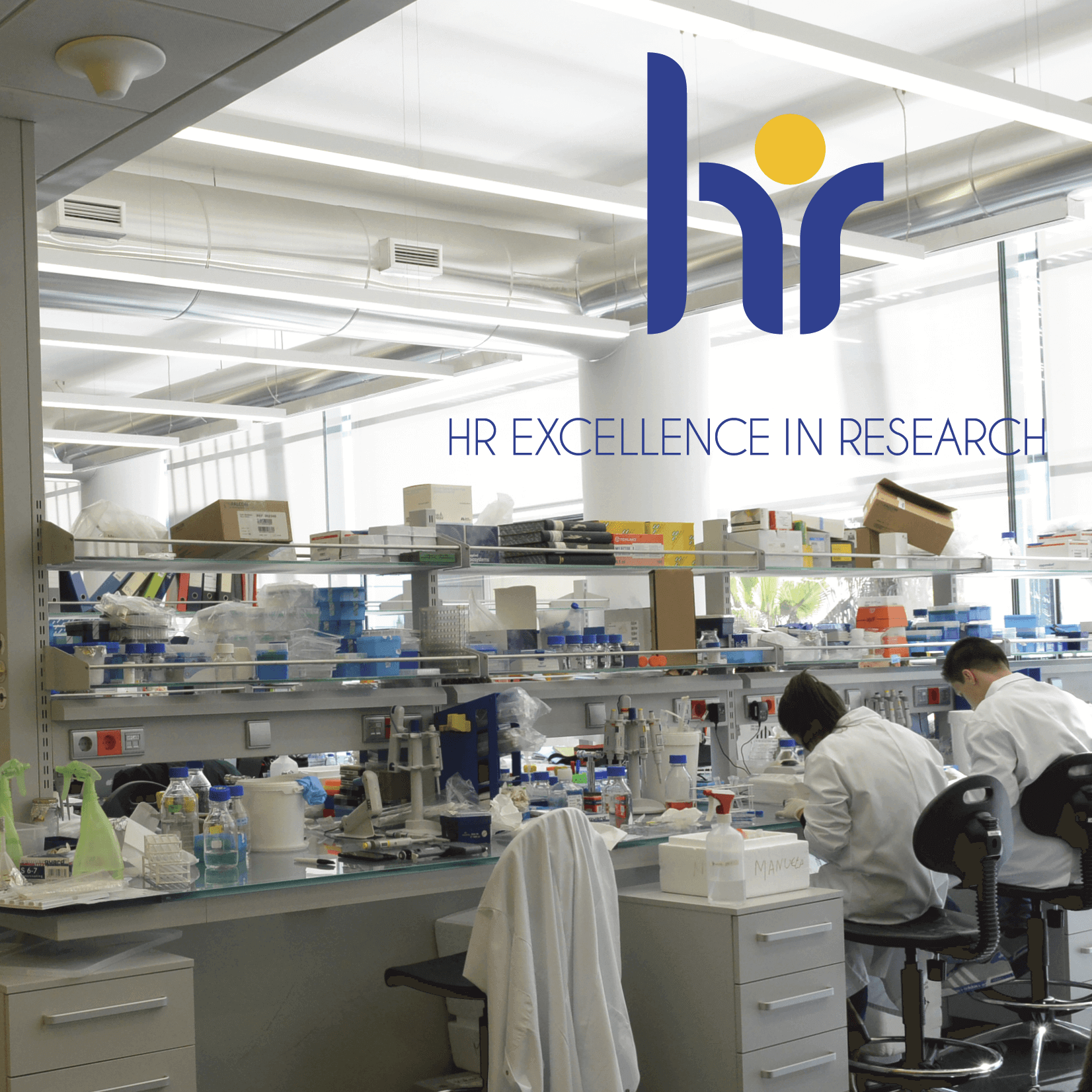30 Oct. 2025

Application Starts: 30 Oct. 2025
Offer Description
Champalimaud Foundation (Fundação D. Anna de Sommer Champalimaud e Dr. Carlos Montez Champalimaud), a private, non-profit research institution in Lisbon, Portugal, is looking for a PhD Student to join our team at the Champalimaud Research Program.
27 October 2025
A Nose for microbes: how hunger tunes the brain
Fermented clues
Cheese and chocolate might not tempt a fruit fly’s palate, but to a hungry fly short on nutrients, their smell carries a hidden signal. When deprived of certain amino acids – the building blocks of protein – these tiny insects develop a surprisingly refined sense of smell that helps them track down not just food, but specific bacteria living in fermented foods.
24 October 2025
CRSy25: Loops Within Loops and the Future of AI-Driven Brain Research
With nearly 30 presenters, including four keynote speakers, and over 300 participants from across the globe, the symposium was structured into multiple sessions exploring different themes. Chaired by CF’s Memming Park, Principal Investigator of the Neural Dynamics Lab, together with Yale University’s Shreya Saxena and the University of Cambridge’s Guillaume Hennequin, the event focused on neurocybernetics – a field first defined in the 1940s that studies how brains use feedback and control to adapt, learn, and interact with their surroundings.
23 October 2025
Delving into safety, regulation, therapeutic practices and future directions of psychedelic-assisted care
“I was a psychedelic teenager. Then, at 18, I had a bad trip with LSD, and became very paranoid”, explained Jules Evans to his audience at the event that took place at Champalimaud Foundation, at the beginning of the month, under the title “Psychedelic Therapy: From Evidence to Equity”. Today, Evans is the founder and Director of the Challenging Psychedelic Experiences Project, the leading resource for post-psychedelic difficulties and what helps people recover from them.

